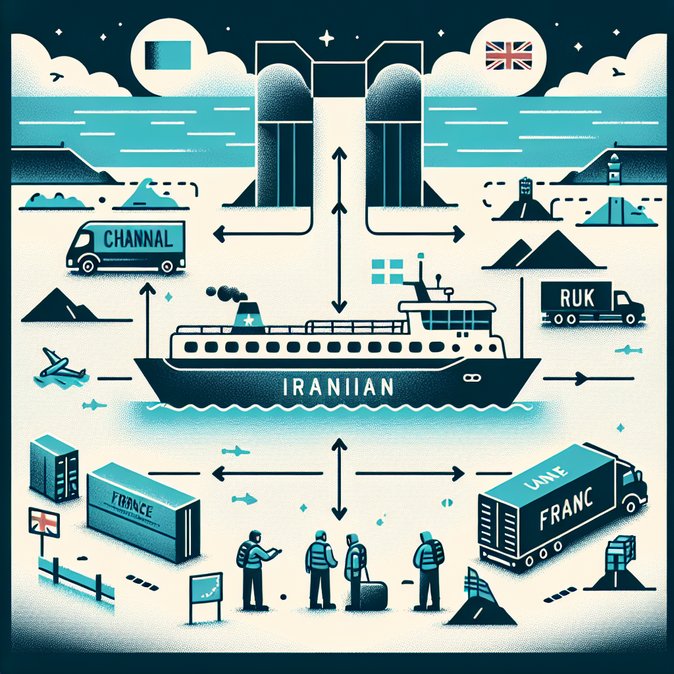
The Franco-British “one in, one out” pilot—under which London can expel one irregular migrant to France for every person it accepts from France through legal pathways—suffered a public-relations blow on 22 October 2025. The Guardian revealed that an Iranian asylum-seeker who had been flown to Lille in September made a second small-boat crossing back to Kent, where he was immediately detained. Rights groups seized on the incident as evidence that bilateral returns agreements do little to deter dangerous Channel journeys.
Under the five-month-old scheme, 42 individuals have been removed from the UK and 23 admitted, mostly families with young children. French authorities insist returnees have access to reception centres and asylum procedures, yet NGOs report widespread homelessness around Calais and Dunkirk. The case reignites friction between Paris and London at a sensitive moment: France’s Interior Ministry is finalising a new border-security budget, while the UK Home Office faces judicial reviews over deportations.
For corporate mobility managers, the episode highlights persistent operational risk for cross-Channel assignments. Business-travel stakeholders already grapple with repeated strikes by French air-traffic controllers; now legal uncertainty around returns could trigger additional ID checks at ferry ports, Eurotunnel terminals and regional airports.
Legal practitioners recommend that employers moving staff between the UK and France factor in longer processing times for frontier worker permits and ensure that posted workers carry proof of accommodation bookings to avoid secondary inspections. Companies with supply-chain dependencies on just-in-time deliveries through Calais should also review contingency routing via Zeebrugge or Hoek van Holland.
Under the five-month-old scheme, 42 individuals have been removed from the UK and 23 admitted, mostly families with young children. French authorities insist returnees have access to reception centres and asylum procedures, yet NGOs report widespread homelessness around Calais and Dunkirk. The case reignites friction between Paris and London at a sensitive moment: France’s Interior Ministry is finalising a new border-security budget, while the UK Home Office faces judicial reviews over deportations.
For corporate mobility managers, the episode highlights persistent operational risk for cross-Channel assignments. Business-travel stakeholders already grapple with repeated strikes by French air-traffic controllers; now legal uncertainty around returns could trigger additional ID checks at ferry ports, Eurotunnel terminals and regional airports.
Legal practitioners recommend that employers moving staff between the UK and France factor in longer processing times for frontier worker permits and ensure that posted workers carry proof of accommodation bookings to avoid secondary inspections. Companies with supply-chain dependencies on just-in-time deliveries through Calais should also review contingency routing via Zeebrugge or Hoek van Holland.




